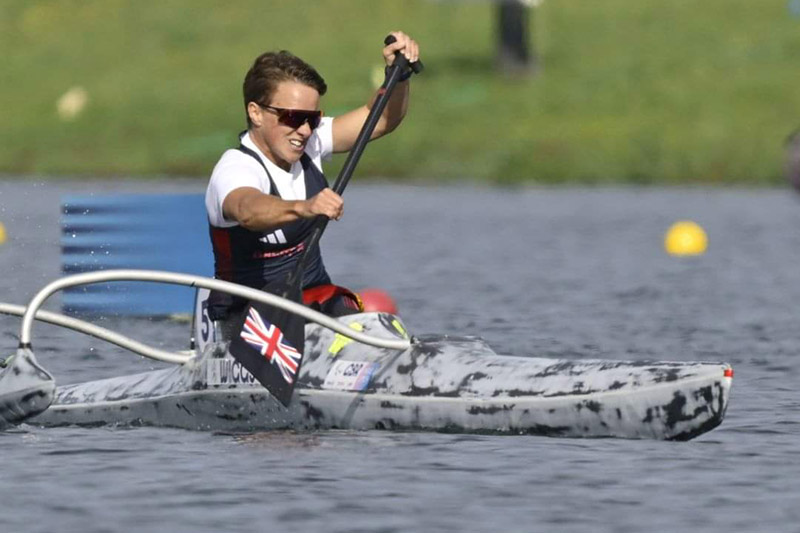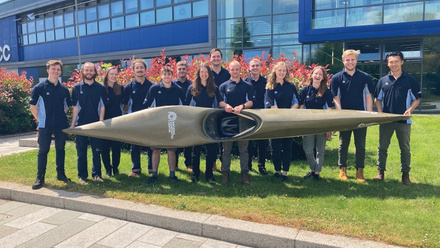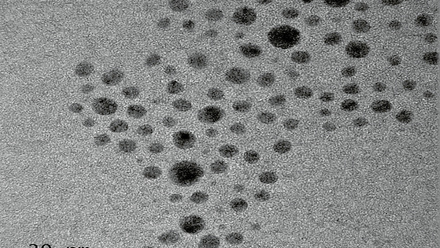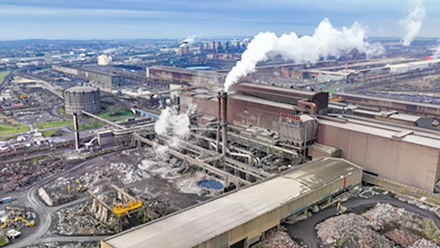The seat of power - paddling to gold
National Composites Centre team design seat for gold-medal-winning paracanoeist.

British paralympic paracanoeist Emma Wiggs MBE, who won a gold medal at the Paris 2024 Olympic Games, competed on an optimised seat designed by early-career engineers at the National Composite Centre (NCC), UK.
The new seat is lighter, five times stiffer and enhances power transfer from Wiggs’ paddle strokes to the boat, increasing her speed over 200m.
The design assisted her in finishing the race at 58.88s, beating her nearest rival by over a second and a half in the Women’s Va’a Single 200m (VL2) title. She also won silver at Paris in the Women’s KL2 200m.
The engineers used digital tools, including embedded sensors, to design and manufacture the seat by reducing material in low-stress areas and increasing critical support where needed.
The project was led by Research Engineer Jacob Holmes, who previously also co-led a project to make the first wild-water kayak from recyclable composite materials.
He says, 'Leading this project has been a great experience, allowing me to combine my passion for canoeing with the skills I have developed on the NCC’s graduate scheme and applying them to complete a fast-paced and exciting application.'
The team worked with sensor technology from Techni Measure, a bio-content epoxy prepreg from SHD Composites and tooling from Piran to complete the seat.
The NCC says the capability could feed into other sectors. For example, continuously tracking the health of parts will provide data to enable a digital twin. This can reduce development time and the need for physical prototypes. It can also improve product quality and performance, cutting waste and lowering costs while enabling predictive maintenance.
The seat design and manufacture marks the second collaboration with Wiggs. She secured gold at the Tokyo Games in 2020, using a customised paddle designed and manufactured by the NCC in collaboration with the Manufacturing Technology Centre.
'Working with the brilliant team at the National Composites Centre has been so exciting,' Wiggs reflects. 'I’m hugely grateful for their expertise and innovation to develop and improve my adaption. Having the best brains working on making the boat go faster is a huge advantage.'





